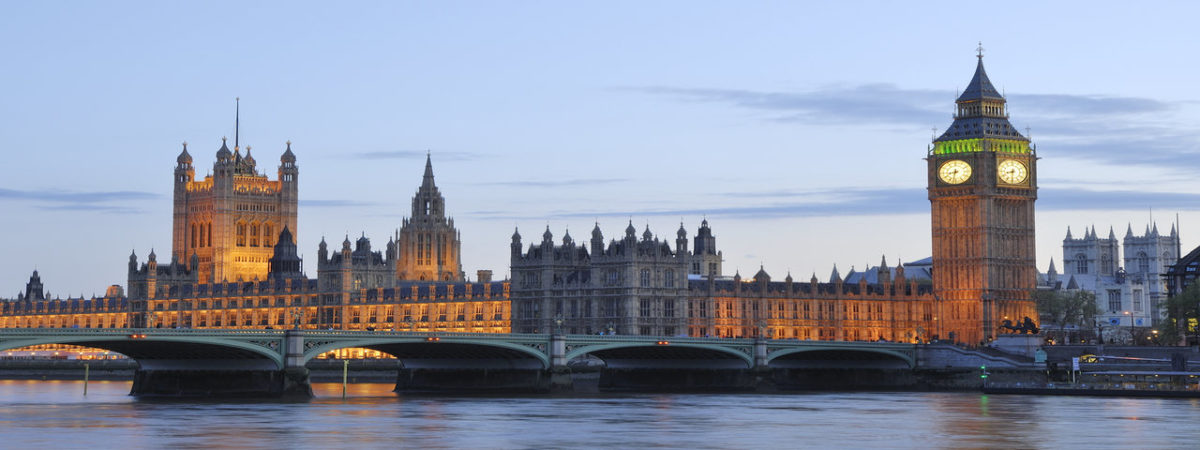Fact check: Income and wealth inequality in Britain
SUGGESTED



Before we can discuss the implications of inequality, we must first agree on the data. Not gut feelings, but cold, hard facts. In Britain in recent years, the facts have been muddied by a reliance on intuition, a failure to distinguish between income and wealth, a tendency to import narratives from the USA (where inequality is high and rising), and a tendency to conflate inequality with social mobility (Obama was talking as much about ‘a lack of upward mobility’ as he was about inequality when he described ‘the defining challenge of our time’).
Two short briefing papers from the IEA take a step back from the debate about what, if anything, inequality does and instead looks at what the trends have been in recent decades. In the first paper, I examine data from the Office for National Statistics to look at changes in income inequality in Britain. Under most conventional measures, including the standard Gini coefficient, income inequality has not risen for 25 years. There is evidence from other sources suggesting that the infamous ‘one per cent’ have increased their share of national income, but this has not affected the ‘bottom’ 90 per cent, whose share of national income has increased somewhat. If anyone has been ‘squeezed’, it has been the rest of the top 10 per cent. As I have previously argued, concerns about inequality may reflect the resentment of the have-lots towards the have-yachts.
In the other briefing paper, my colleague Ryan Bourne has the trickier task of examining wealth inequality. Trickier because the data is less robust, as the debate about Thomas Piketty’s book Capital in the Twenty-First Century revealed. Wealth has always been less equally distributed than income, but Ryan finds that changes in the rate of wealth inequality in recent times ‘do not conform to the story of unprecedented or exploding inequality that are frequently implied in the media’. All academics agree that wealth inequality fell for most of the twentieth century in the UK. The debate hinges on whether rates have been stable since the 1980s (as Office for National Statistics data suggest) or has risen modestly (as Piketty’s data suggest). Either way, as Ryan says, ‘levels of wealth inequality are neither unprecedented nor exploding.’
To read these short briefings, click below:
Income inequality: the facts
Wealth inequality: the facts
1 thought on “Fact check: Income and wealth inequality in Britain”
Comments are closed.





A fair economic system is also optimally efficient. For this we need a fair distribution of the factors of production, as this aligns incentives instead of distorting them. Taxing produced factors only transfers wealth from producers to non-producers, distorting incentives. Similarly, if the value of Land, which is not produced, is capitalised into selling prices or rental income, this also distorts incentives. So, for fairness and efficiency, we should never tax income/capital and share land rent equally. However, in the UK Land by value is highly concentrated towards the top 1%. Under a fair and efficient economic system which doesn’t tax wealth creation, they would be liable to pay at least double their current liabilities. Not only would this means greatly reduced inequality, but higher growth, lower house prices, greater housing affordability and more investment in regions outside London. Good things happen when we align incentives. Would Christopher Snowdon or Ryan Bourne like to comment on this?